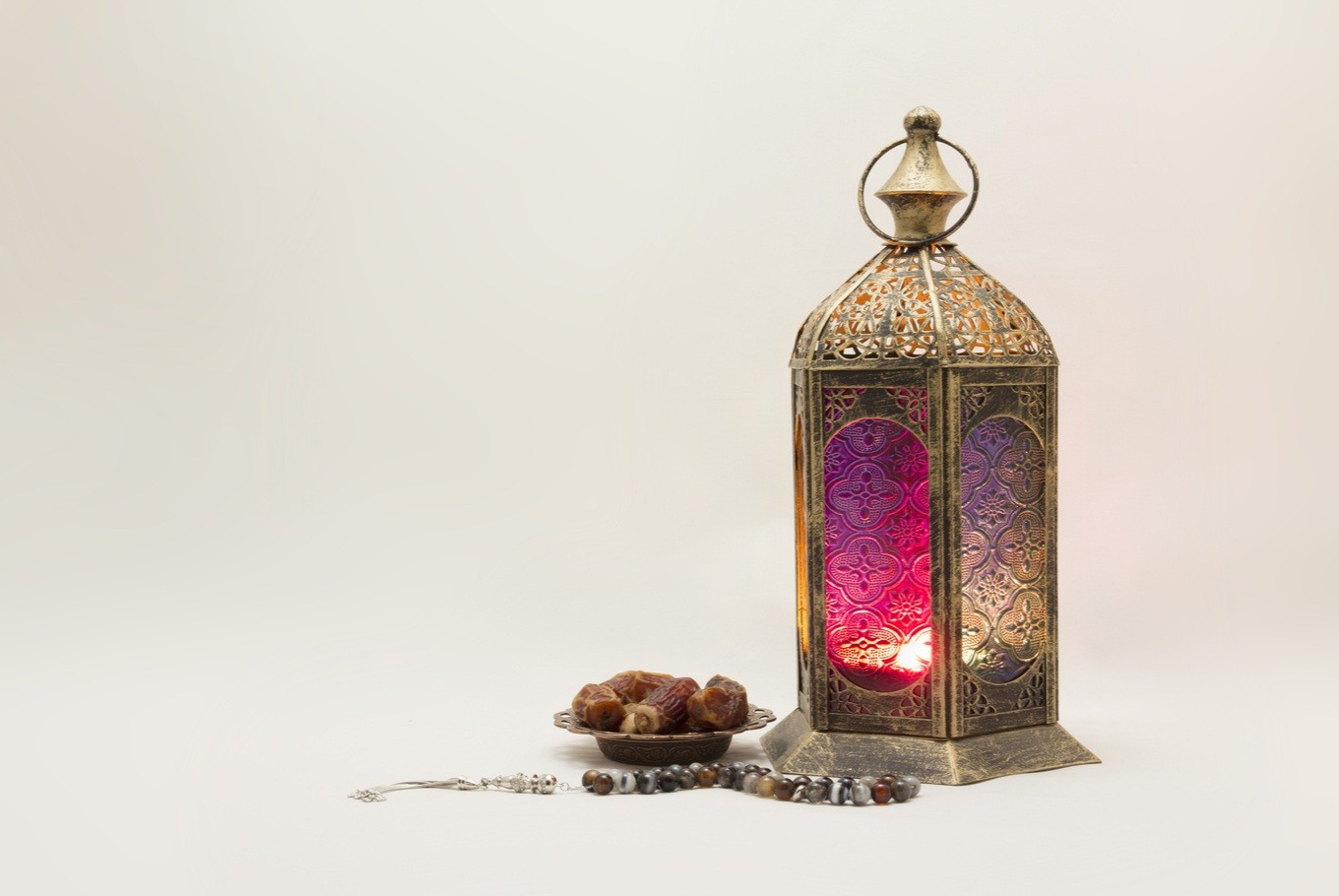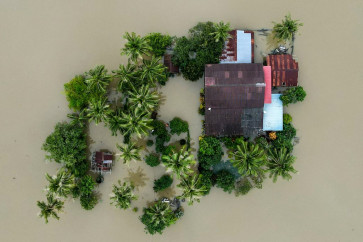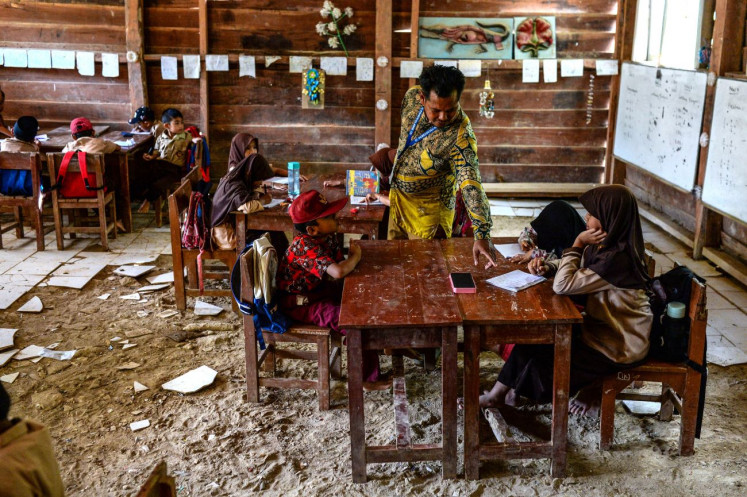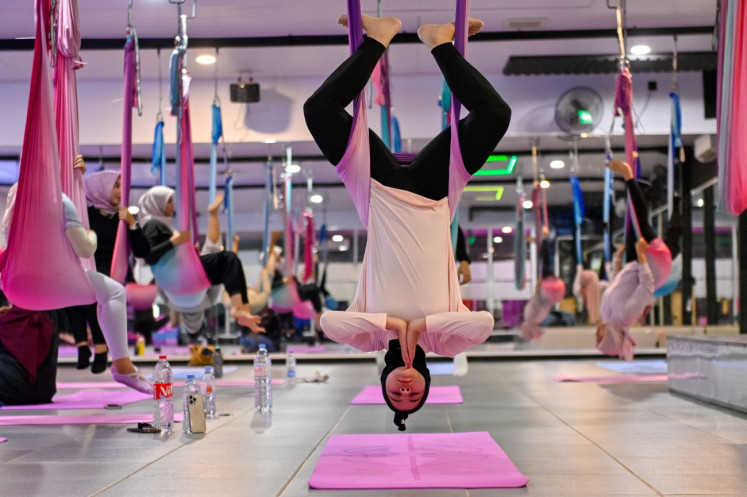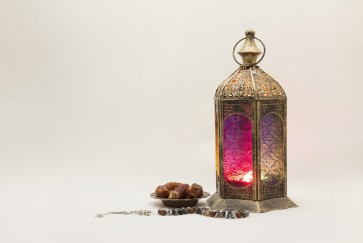Popular Reads
Top Results
Can't find what you're looking for?
View all search resultsPopular Reads
Top Results
Can't find what you're looking for?
View all search resultsRamadhan: Beyond chasing rewards
Ramadhan is, in essence, a period of contemplation through which one engages in self-introspection and intense spiritual reflection.
Change text size
Gift Premium Articles
to Anyone
T
he Prophet Muhammad always encouraged Muslims to perform ittikaf during Ramadhan, especially on the last ten days. Ittikaf is to dwell exclusively in a mosque to get closer to God.
The prophet also ordered Muslims to fill the nights of Ramadhan with tahajud (night prayer) and tafakkur (contemplation).
That is why Ramadhan is, in essence, a period of contemplation through which one engages in self-introspection and intense spiritual reflection. After 11 months pursuing material gains and worldly achievements, Ramadhan comes to offer itself as a spiritual break.
In all religions, contemplation is among the most important rites, though practiced in diverse ways and for different aims, such as to be in harmony with nature, to realize the temporality of worldly life and its potential as a source of suffering, to engage in an intimate dialogue with God to gain divine inspiration, or even to “unite” with God through a mystical union.

